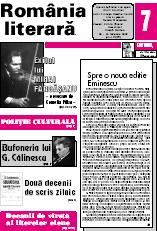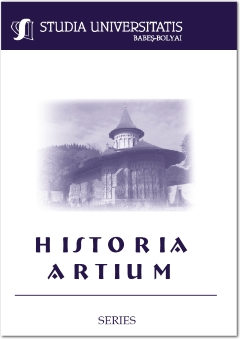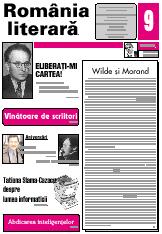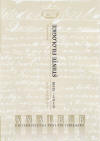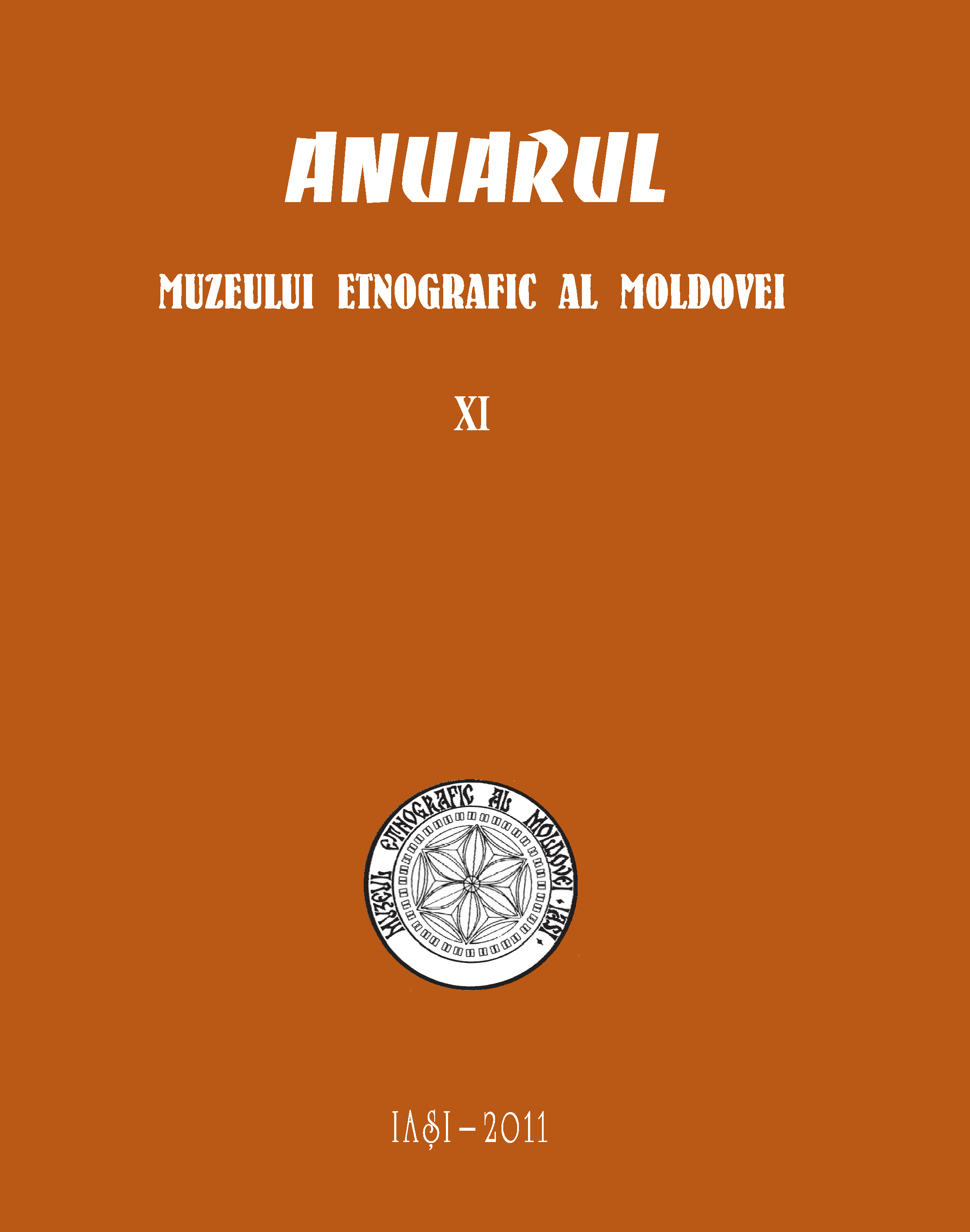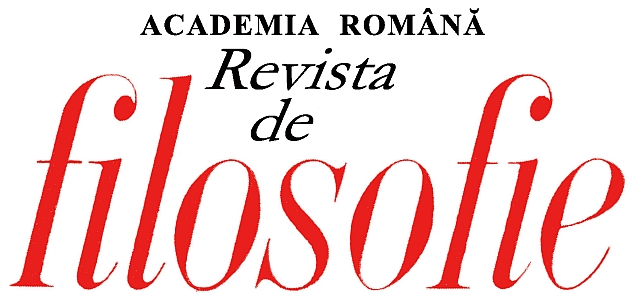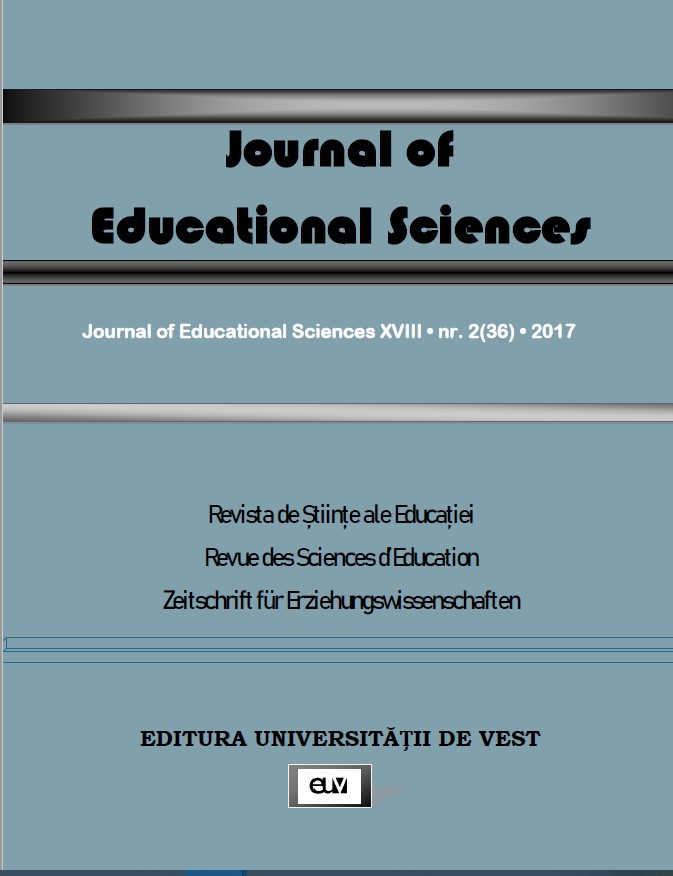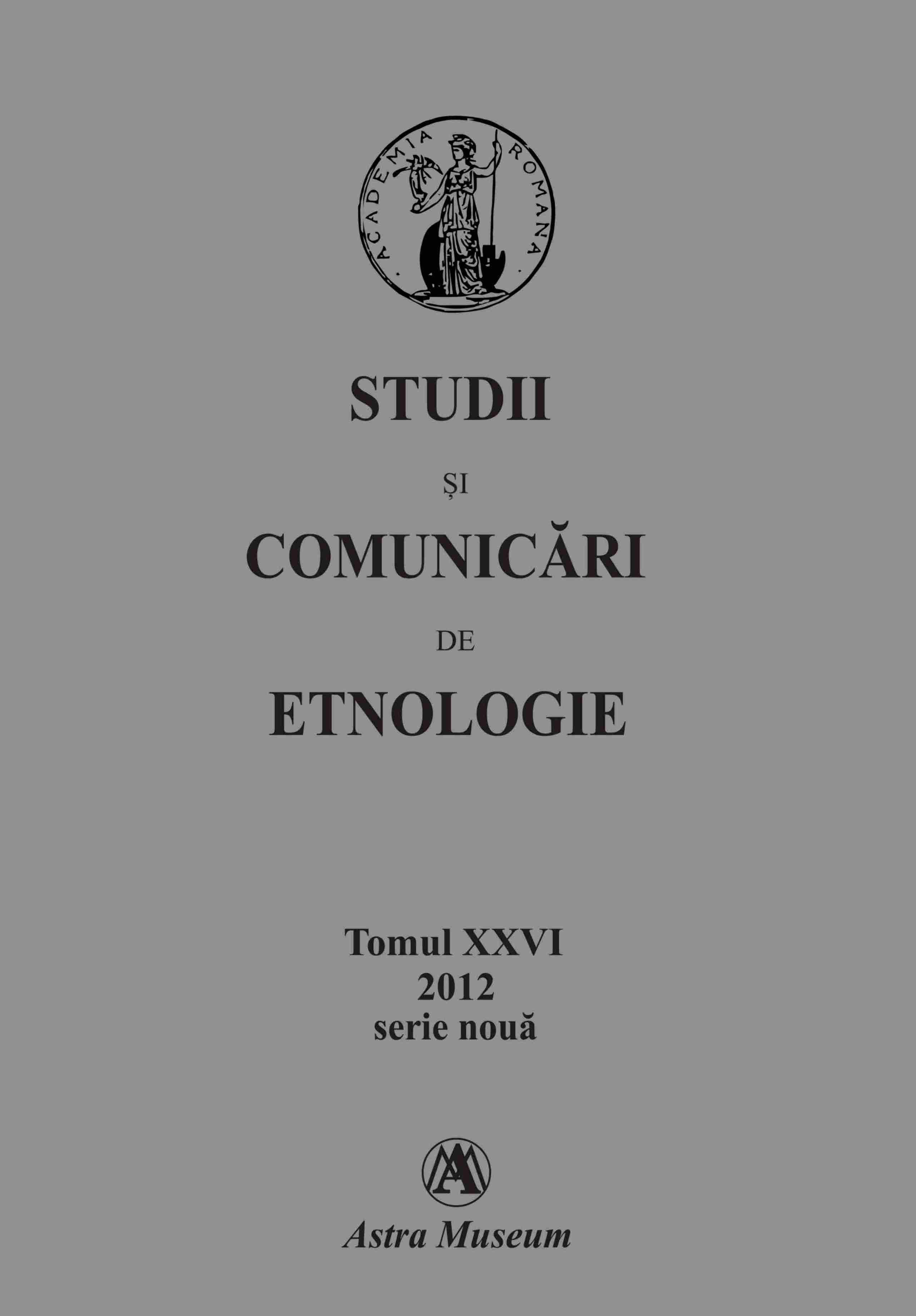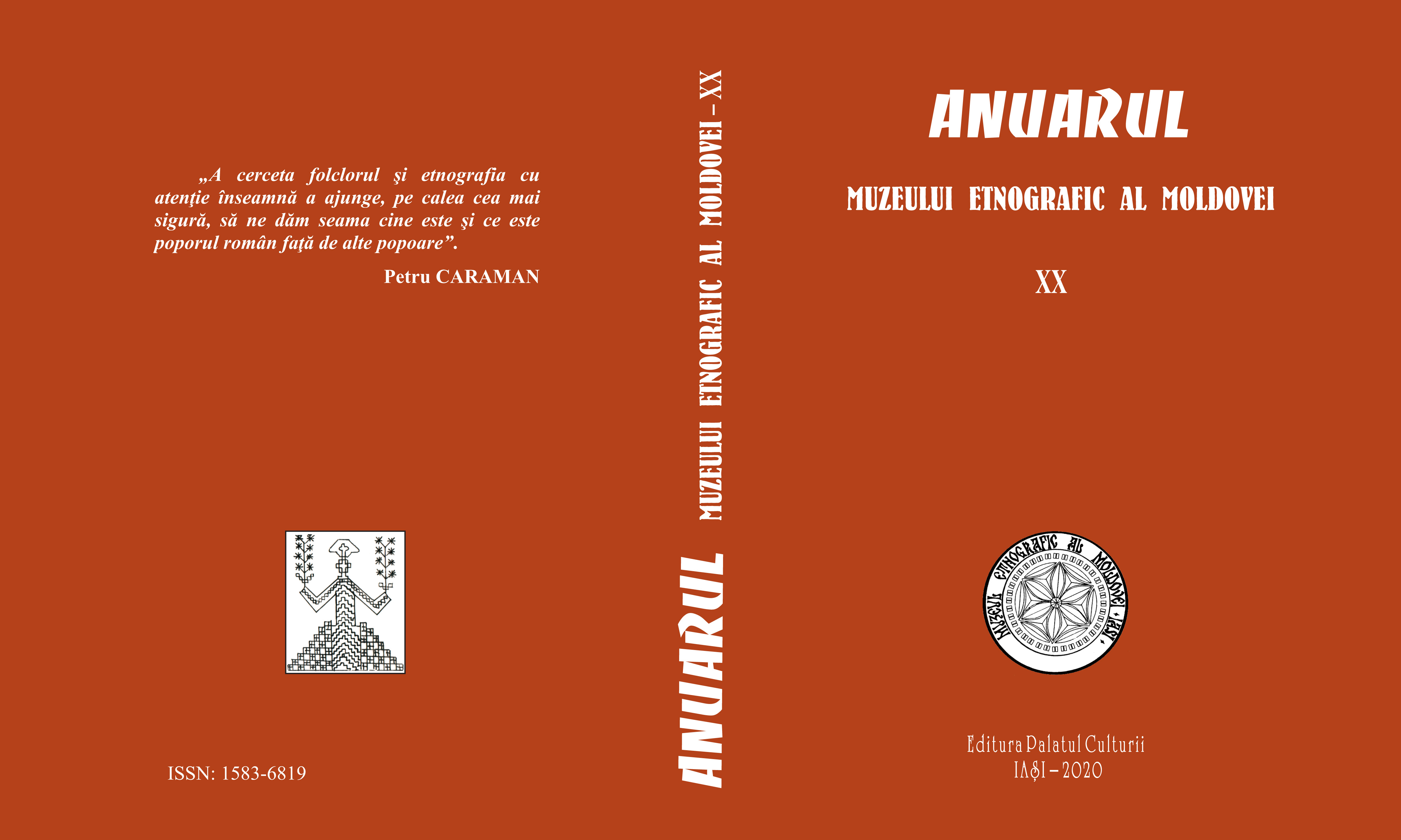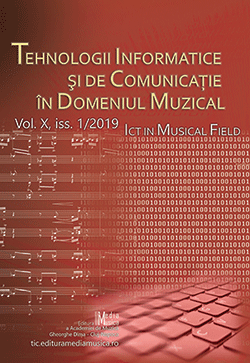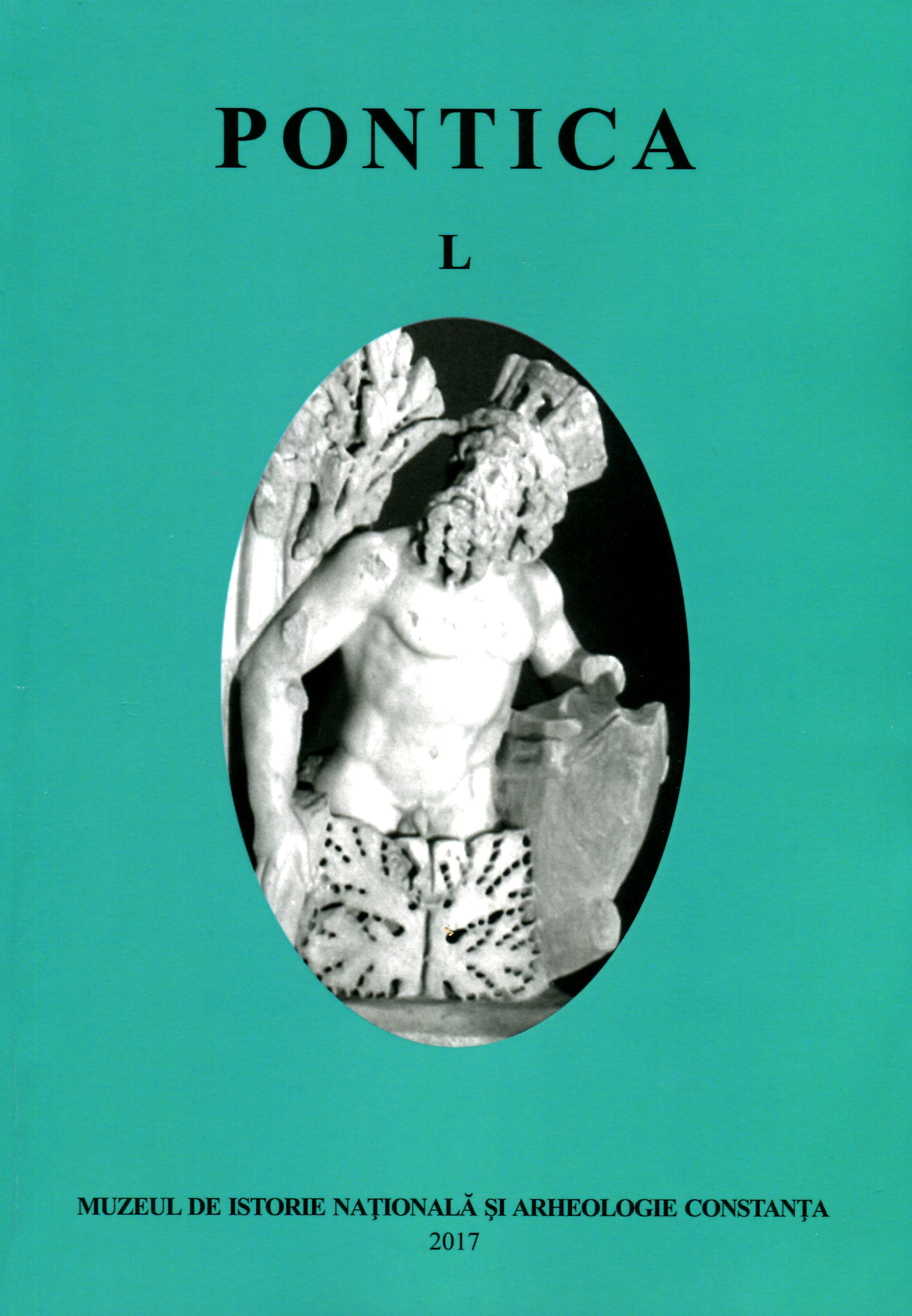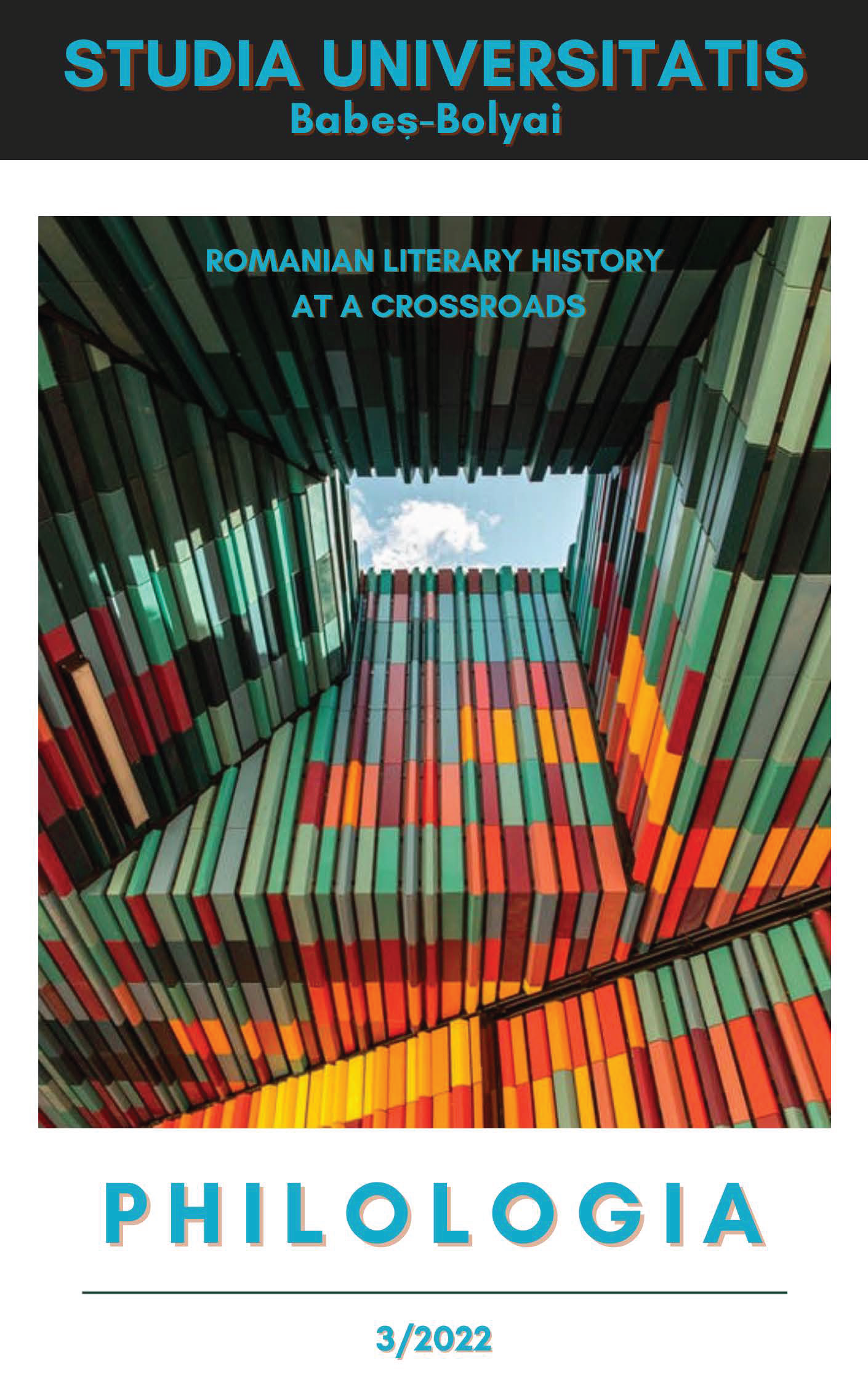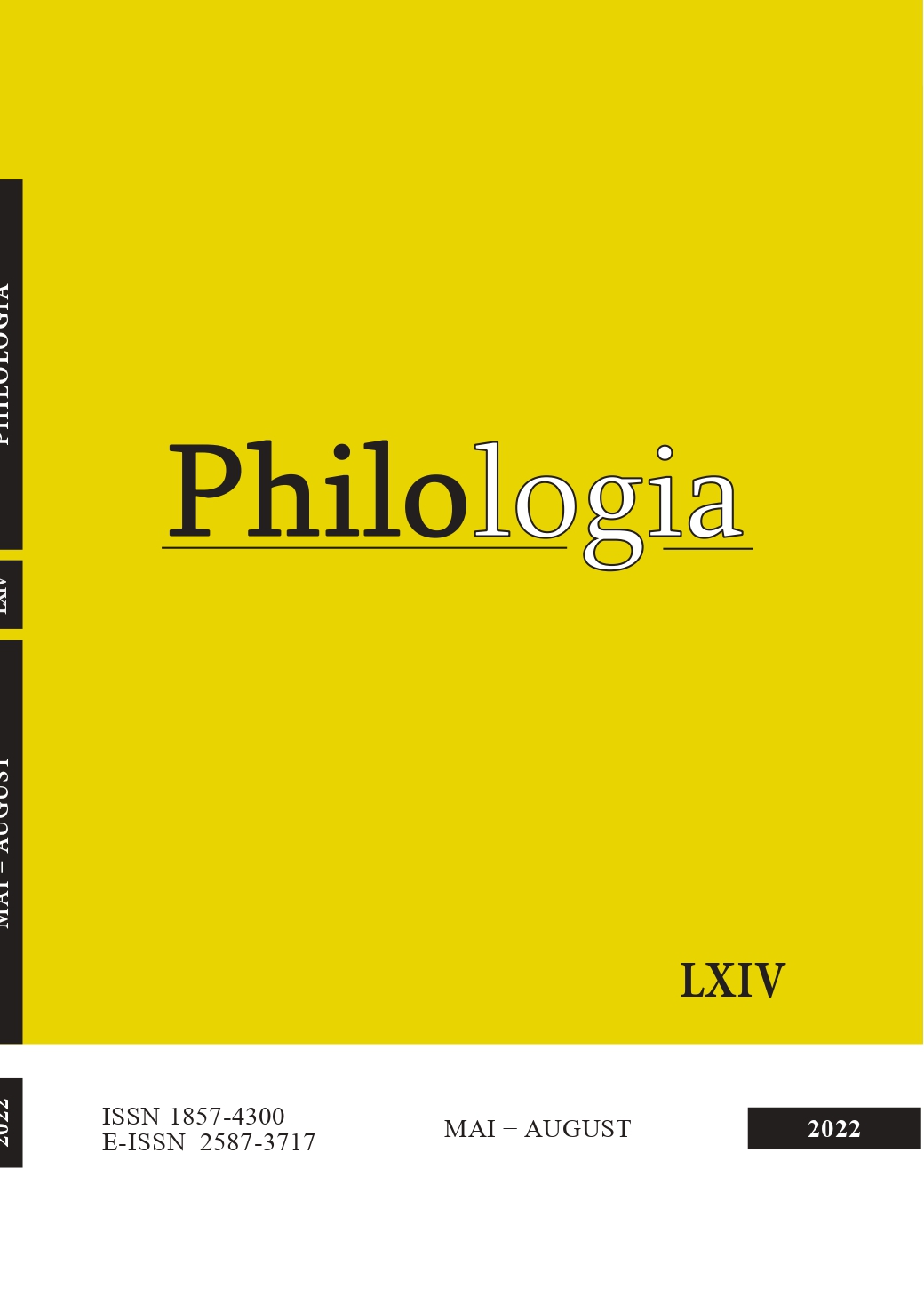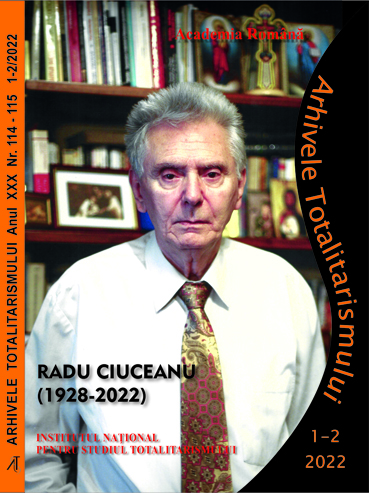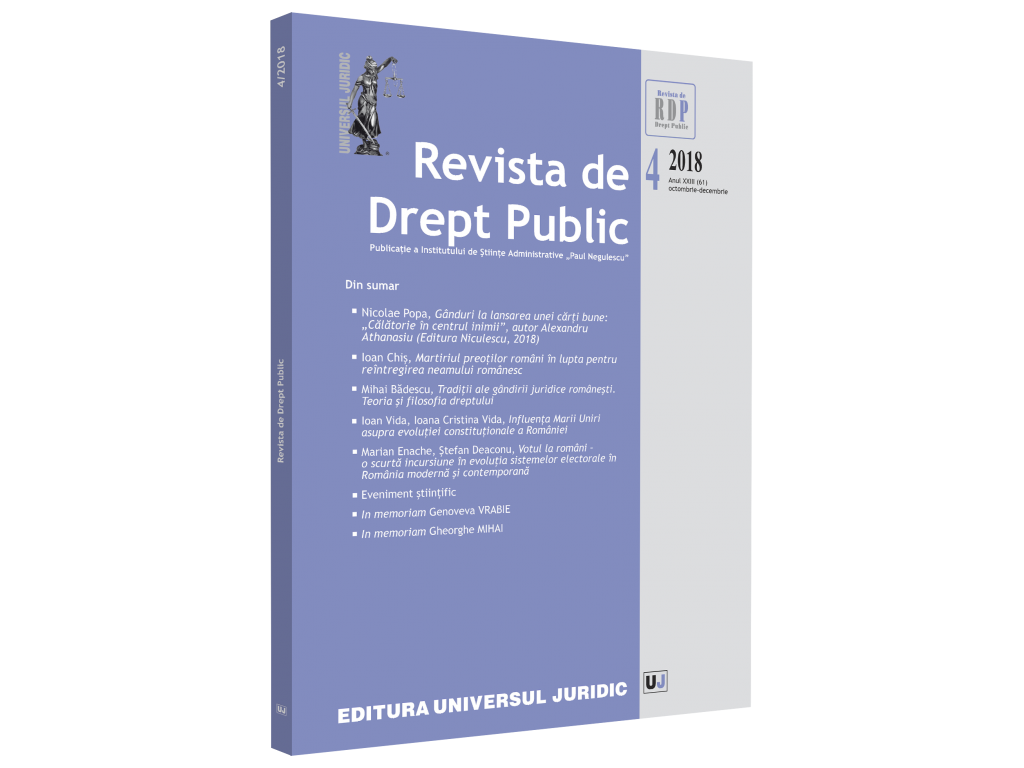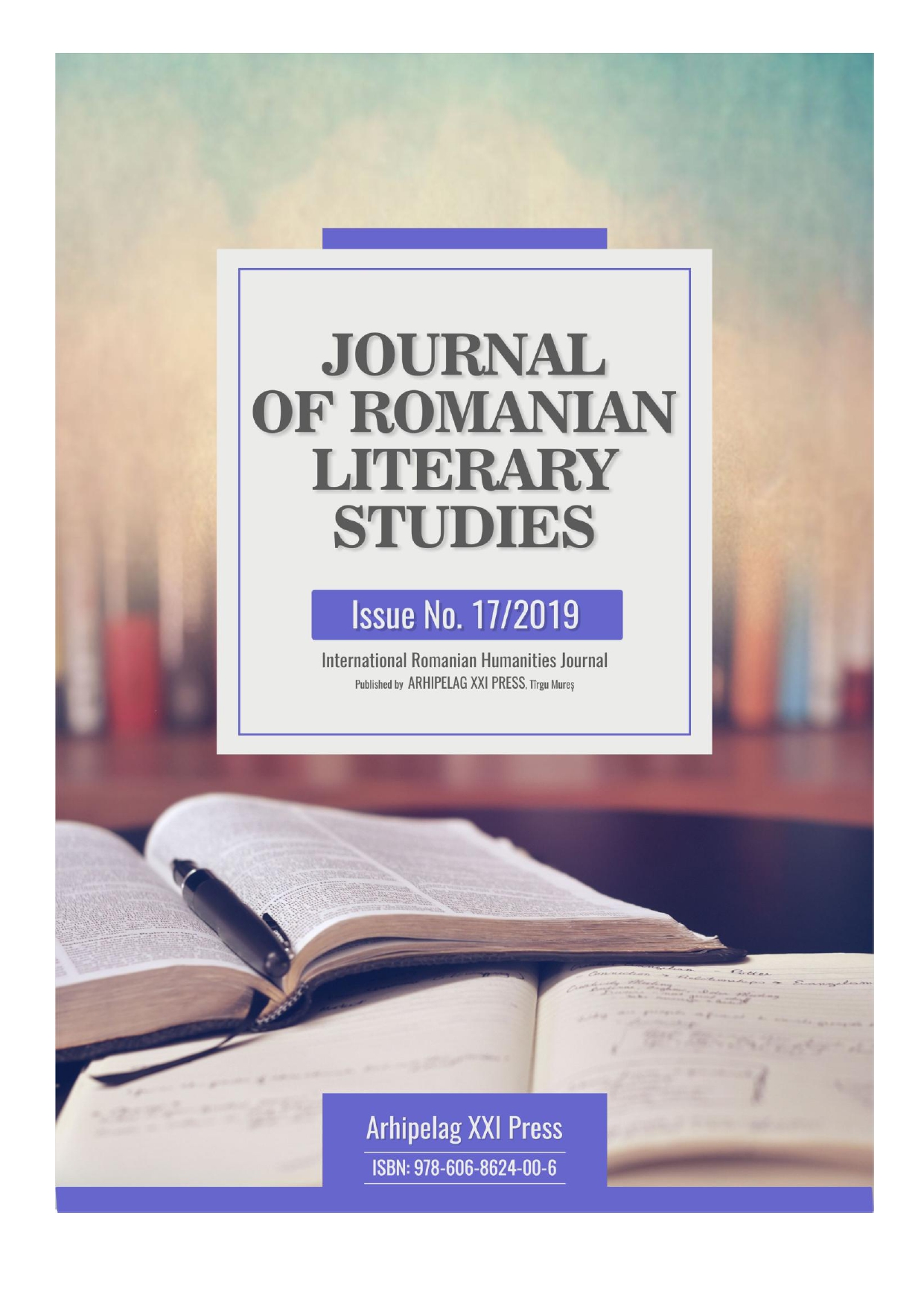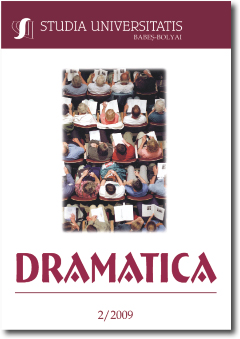
RADIO DRAMA AND MIHAI ZIRRA
RADIO DRAMA AND MIHAI ZIRRA
Keywords: radio drama; history of radio theater; Mihai Zirra.
The invisible version of the theater holds many “tales” . Radio Theater is an 80 years old entity that lived through comforting and also hard times, being born as a surprising experiment, growing up fast with the help and interest of many great people, suffering its first decline in the war period, making it through thanks to great friends like Mihai Zirra, becoming the crown jewel of theater at one point, at maturity, than starting to be neglected, being considered capped and worn out along with its parent, the Radio, for it to finally become nowadays a preciouse antique jewel, the delicasy of culture perhaps. In a collection of notes and portraits, Mihai Zirra brings out the first monograph of Radio Theater in his work “Am ales teatrul radiofonic…”, recently edited in his memory.
More...
